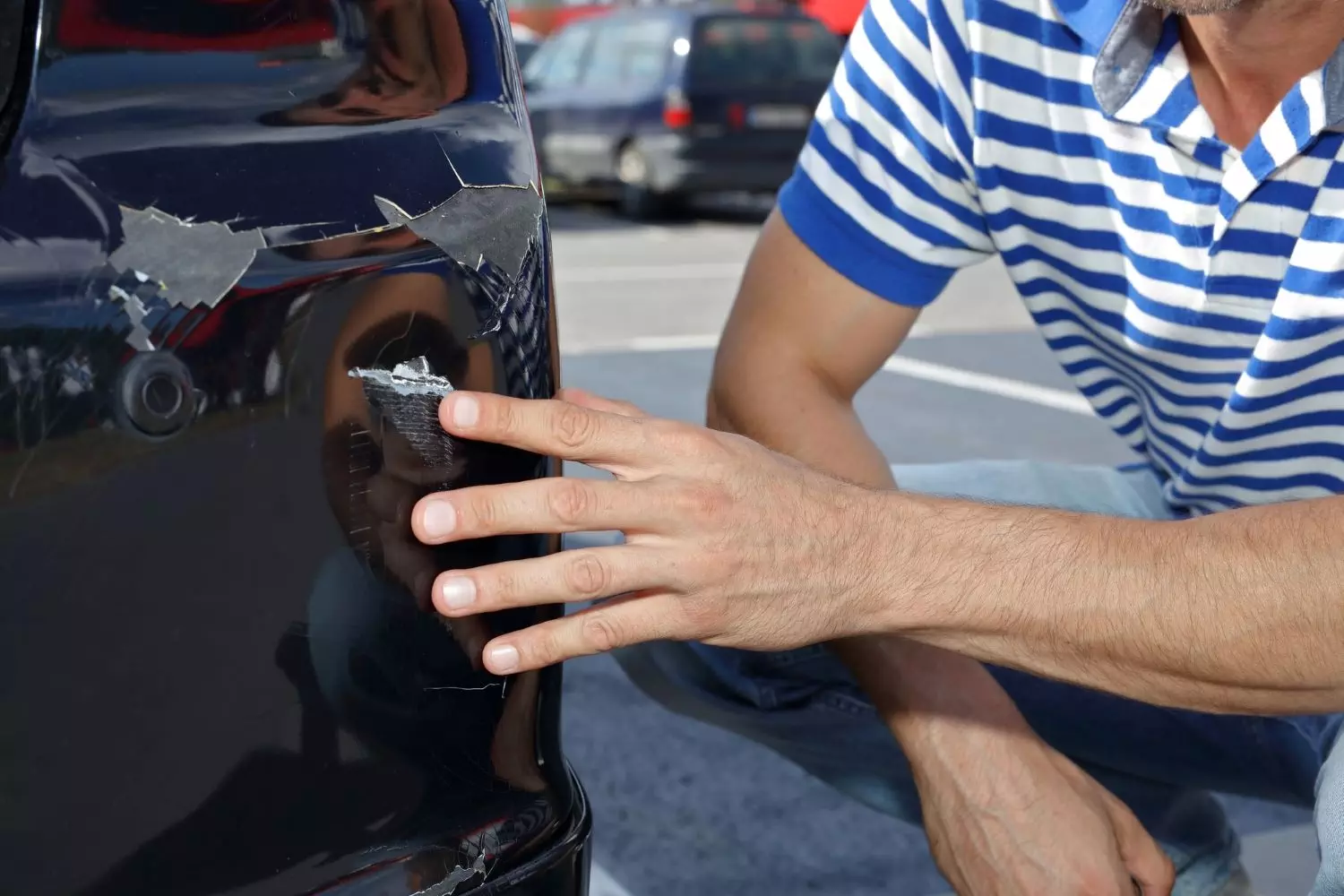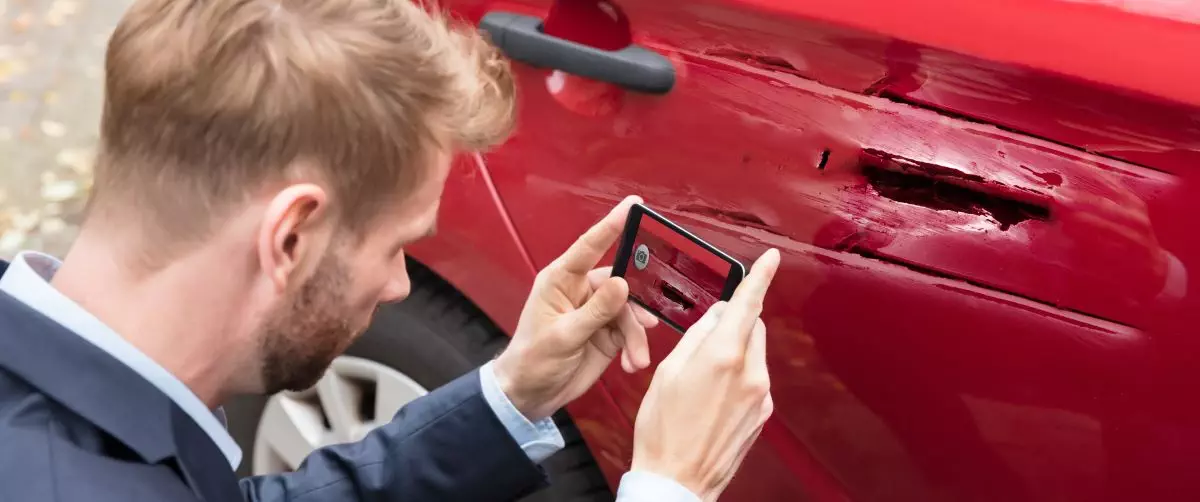

When it comes to Alberta parking lot accidents, untangling the web of fault can be akin to solving a complex puzzle. The interplay of regulations, evidence, and interpretations creates a maze that demands scrutiny. As you navigate through the details of determining fault, the stakes are high, and the nuances are paramount. Understanding how seemingly minor details can shift the scales of fault is crucial. Stay tuned to unravel the intricacies of fault determination in Alberta parking lot incidents.
Key Takeaways
When determining fault in Alberta parking lot accidents, crucial factors such as vehicle speed and visibility conditions significantly influence the process. The speed at which vehicles are travelling can impact the severity of the accident and help determine who had the right of way. Additionally, visibility conditions, such as poor lighting or obstructed views, can affect how well drivers are able to see and react to their surroundings.
Moreover, the actions of the drivers involved before the accident occurred are carefully examined. Did one driver fail to yield properly, or was there a case of reckless driving? Witness statements also play a crucial role in piecing together what transpired leading up to the accident. Their recount of events can provide valuable insight into who may be at fault.
Insurance companies heavily rely on these factors, along with information from collision centre reports, to assess fault accurately. The Collision Centre Report details the findings at the scene, including any violations or negligent behaviours observed. In cases where the fault is disputed, these factors are essential in making a fair determination.
Insurance companies play a critical role in determining fault in parking lot accidents by evaluating various factors and evidence provided. When assessing fault, insurance companies consider evidence such as driver actions, witness statements, and collision reports. These companies may utilize fault determination rules specific to Alberta to allocate responsibility between parties involved in the accident. The outcome of fault assessment by insurance companies can significantly impact claims processing and coverage for all parties concerned. Understanding how insurance companies evaluate fault is crucial for navigating the claims process effectively after a parking lot accident. By carefully analyzing the evidence and applying fault determination guidelines, insurance companies aim to establish a fair and accurate assessment of liability. It is essential for individuals involved in parking lot accidents to cooperate with their insurance company, provide all necessary information, and understand the role insurance companies play in determining fault to ensure a smooth claims process and resolution of the incident.

If you have been involved in an accident where you believe the damages to your vehicle, or the other vehicle, exceed $5000, you should take your damaged vehicle to the Collision Reporting Centre to have the damage assessed and a report completed. Collision reports are instrumental in accurately determining fault in Alberta parking lot accidents. These reports provide crucial details that help insurance companies assess fault correctly. When a parking lot accident occurs, obtaining a collision report is essential for a thorough investigation. Insurance companies heavily rely on these reports to make informed decisions regarding liability. Moreover, collision reports offer valuable insights into the circumstances of the accident. The information contained in these reports is vital for fault determination. Witness statements included in collision reports can also have a significant impact on how fault is allocated. By documenting the specifics of the accident, collision reports serve as official documentation that can be used to determine liability accurately. Therefore, ensuring that a collision report is filed after a parking lot accident is crucial for the fault determination process.
To enhance the accuracy of fault determination in disputed cases of parking lot accidents, the collection of witness accounts is paramount. Witness accounts can provide crucial details and perspectives, aiding in determining fault accurately in parking lot accidents with disputed liability. They serve to corroborate or contradict driver statements, helping establish the sequence of events leading to the accident. In cases where there are multiple witnesses, the credibility of the reported incident can be strengthened. When faced with conflicting accounts from drivers involved, witness testimonies play a pivotal role in resolving disputes and assigning fault appropriately. Therefore, in cases where fault is disputed, gathering witness accounts becomes a critical step in the process of determining liability in parking lot accidents. These testimonies can offer valuable insights and perspectives that contribute to a more thorough and fair assessment of the situation.
When determining fault in parking lot accidents, careful consideration of specific case details and the actions of the drivers involved is crucial. Factors such as right of way, speed, distance, and driver actions play a significant role in determining fault. The circumstances of the collision, including who was moving and who had the right of way, are essential considerations in fault determination. Insurance companies rely on these factors to assess fault and process insurance claims. In parking lot accidents, fault can be shared between drivers based on their actions and the circumstances of the collision. Additionally, pedestrians and cyclists involved in parking lot accidents also impact fault determination. It’s important to understand that being at-fault in a parking lot collision can have implications on insurance claims and legal responsibilities. Therefore, being mindful of these considerations can help in determining fault accurately in parking lot accidents.
Q: What are the most common parking lot accidents?
A: Common parking lot accidents include fender benders, backing up into another car, hitting a parked car, or colliding while turning into a parking spot.
Q: How do I determine fault in a parking lot accident?
A: Fault in a parking lot accident is determined by assessing who had the right of way, whether anyone was violating traffic laws, and if there was any negligent behaviour by either party.
Q: What should I do if I hit a car in a parking lot?
A: If you hit a car in a parking lot, you should locate the owner, assess the damage, exchange contact information, and notify your car insurance company to file a report.
Q: Can I sue someone for damages in a parking lot accident?
A: Yes, if someone else is at fault and their negligence caused the accident, you can pursue legal action to seek compensation for damages and injuries.
Q: What happens if I get in a hit-and-run in a parking lot?
A: In a hit-and-run incident, it’s crucial to gather any available evidence, such as witness statements or security footage, and promptly report the accident to the Collision Reporting Centre and your insurance company.
Q: Do parking lot accidents affect my car insurance premium?
A: It depends on the circumstances and your insurance policy, but parking lot accidents can impact your car insurance premium, especially if you are found at-fault for the incident.
Q: How can I avoid parking lot accidents?
A: To minimize the risk of parking lot accidents, drive cautiously, be mindful of pedestrians and other vehicles, avoid distractions, and always adhere to traffic signs and markings.

